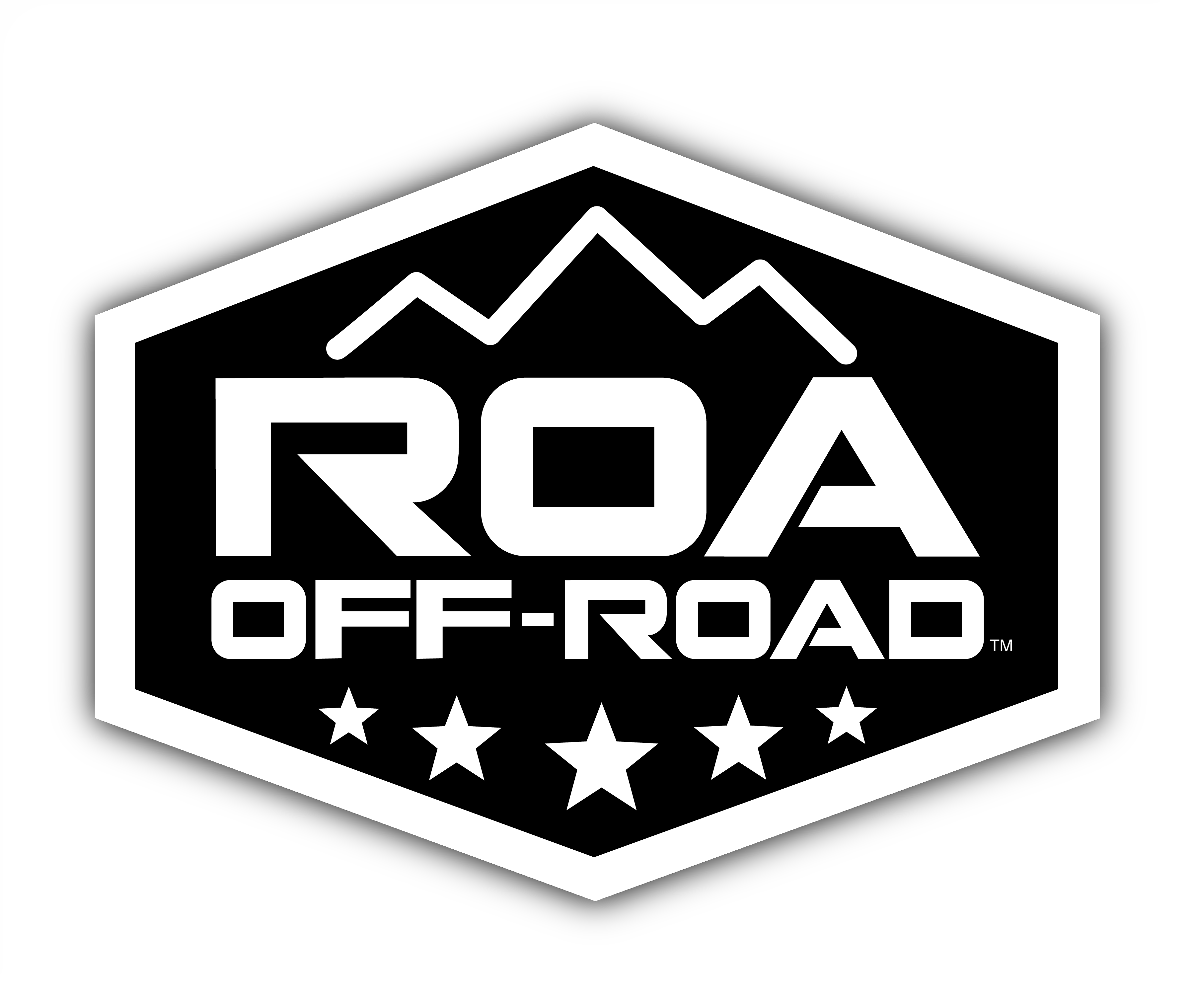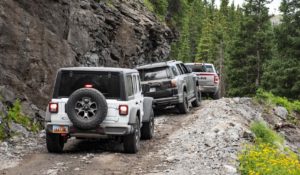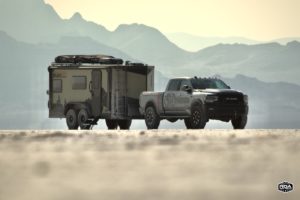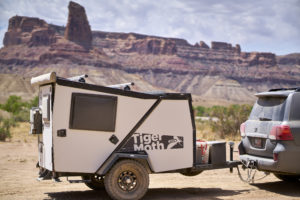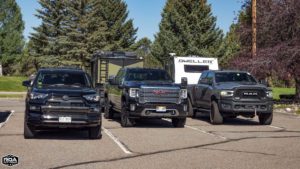Choosing The Best Truck For You!
One of the first questions to ask when looking for a truck is what you’re going to use it for. For example, maybe you want to get an off road trailer or a fifth wheel to take your family camping in. Maybe you are just looking to tow some stuff in the bed that won’t fit in a little car. Whatever the case, knowing what the truck will be used for is always a good place to start.
Let’s Focus on the First Example
Let’s say you are looking for a camper, because you want play! You want to out your family and your ATVs, dirt bikes, RZRs, or whatever it may be. One big problem. You NEED a truck!!! Yeah, I guess that you may be able to get around pulling something small with your little 4 cylinder pickup truck, but when it comes to making it up that hill or taking out your big 35 foot+ fifth wheel, it just is not gonna happen. It’s time to get that truck you have always wanted but never had the need for till now.
When speaking of trailers, we need to know what you are wanting to pull before we can decide on a truck. You could be pulling a little utility trailer, or a small bumper pull type trailer. Maybe you want to pull a medium length fifth wheel, enclosed toy hauler, or an off road camper like an Xplore. Or are you pulling the top of the line, super long fifth wheel, or massive toy hauler for all of your toys? For each of these different trailers you are going to need something a little bit different. Every trailer is going to have a different weight or pulling type.
The smaller trailers are usually what’s called bumper or tongue pulled. These trailers put the majority of the weight on on your ball hitch at the back of your truck. These allow you to use your bed as storage space, or leave it empty. The larger trailers are going to be mounted to a hitch located in the bed of the truck. This is because they are heavier and putting the weight of the trailer over your trucks rear axle allows you to not only tow more but have more of a comfortable ride.
Now to the different types of trucks
First
We have the suspension classification. Most trucks will come with a classification on the side; such as Ram 1500, Ram 2500, Ram 3500. This number is the classification for how much a truck can haul weight wise. So, the Ram 1500 can haul about 1500 or so pounds payload, which means weight in the bed. Ram 2500 about 2500 lbs, and 3500 about 3500 pounds. As we get newer and newer trucks they are usually rated for more than that though. A 2016 Ram 3500 can actually haul 4100 lbs payload.
Second
We have the tire/axle combo. The smaller trucks will tend to have smaller axles/tire combo because they were not designed to haul as much weight. The heavier duty trucks usually come with bigger axles and higher pressure rated tires, or even dual tires on each side of truck for more weight capacity. For example one could buy a Chevrolet Heavy Duty 3500 truck with a single rear wheel and the pay load would be 4300 lbs. Or you could buy the Heavy Duty 3500 with dual rear wheels and the payload is then increased to 5600 lbs. These numbers are also related to total towing capacity.
Third
The engine used in the truck. Along with the bigger suspension and axle/tire combo, you also get the option for the bigger engine. Most trucks will come with either a gasoline or a diesel option to choose from. For more towing capacity the diesel is the one to choose. The reason for this is because diesels produce up to twice the torque a gasoline engine produces.
What torque does for you is allows you to make it up those hills easier or get moving from a stop easier. Overall it just makes towing a lot easier. Unfortunately, diesels also cost more in maintenance. They are usually louder. In some places fuel is more expensive, and new ones require the use of DEF or diesel exhaust fluid to help with emissions. Gasoline engines, are usually cheaper to buy as well as to maintain, but cant handle as much weight as a diesel could. There is a trade off in everything. You simply have to decide what makes the most sense for you.
Fourth
The bed length. Truck beds can range from 4.5 feet to something as large as 12 feet. The more room you have in your bed means the more you can put back there. Also, when you start looking at fifth wheel trailers it is better to get the longer bed which is usually 8+ feet. The reason for this is turning radius. When you have the short bed it places the nose of the trailer closer to the rear window/cab of the truck.
The issue with this is that as soon as you try to make that sharp turn the trailer can come in contact with the back of the cab. If that happens, it can break windows, dent your truck, or destroy your trailer. Whatever the case, it’s no fun at all. Getting the longer bed pushes the nose of the trailer a little farther back, so that clearance becomes less of an issue.
All of these things are in the name of wanting to pull more. So by all means if you are only going to pull smaller trailers that are light then buy the smaller truck. There is no need to to buy the biggest baddest most expensive truck you can just so you can pull a little 24 foot travel trailer. If you plan to pull your massive 45 foot toy hauler that holds 2 RZRs and sleeps 6, then yes, buy the truck. The truck that is going to be able to handle that massive investment behind you. It can get very dangerous or even ruin your truck if you haul more weight than it is rated for. So, Make sure you always know the limits of your truck. Now get out there and find the truck for you!!!
Check out one of the exclusive dealers for off road campers: ROA OFF-ROAD
Check out some awesome off road videos: https://www.youtube.com/@ROAOffRoad
Talk to the people who can help you get into the perfect camper for your needs: 801-860-0035
